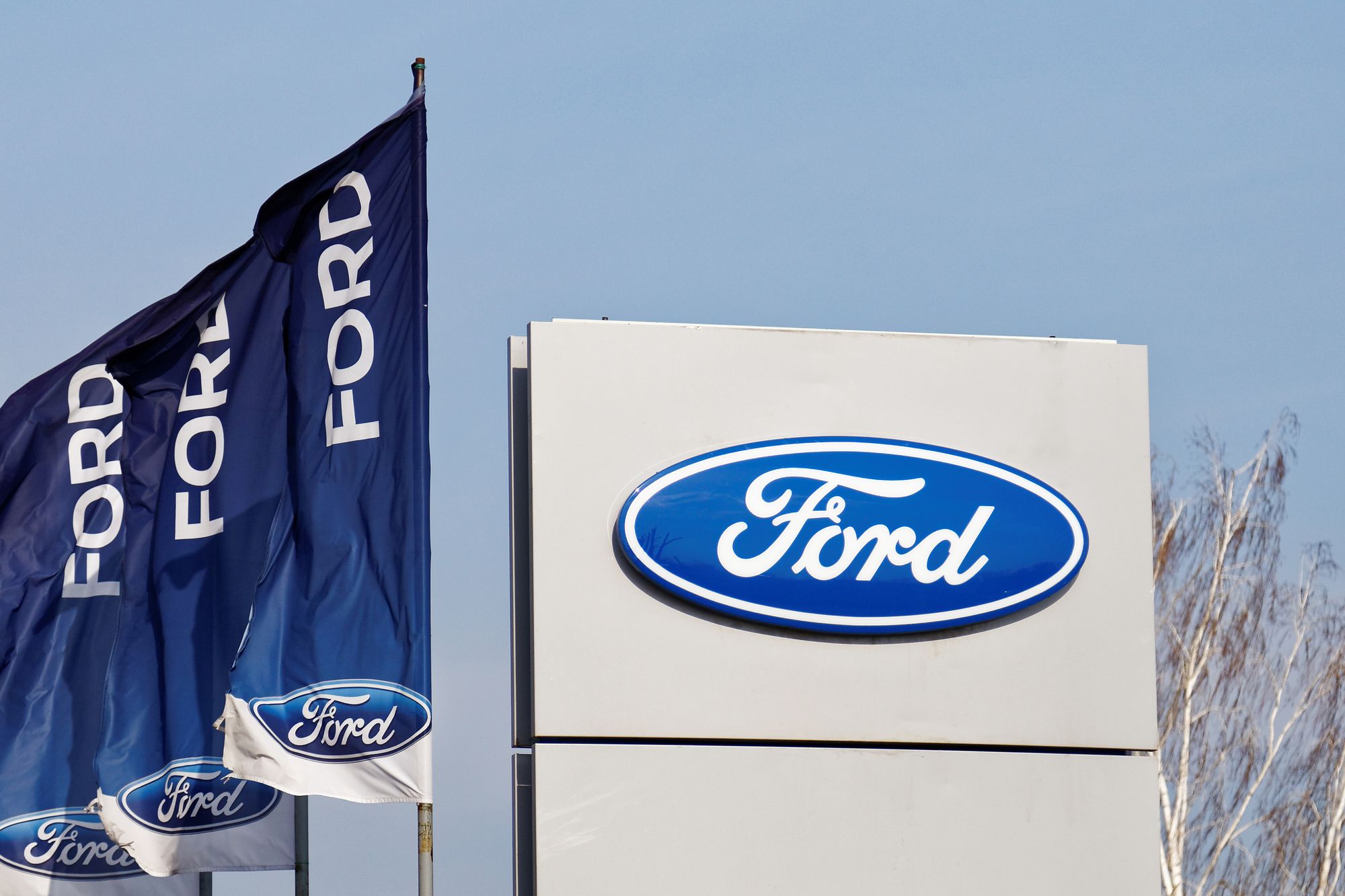Top Class Actions’s website and social media posts use affiliate links. If you make a purchase using such links, we may receive a commission, but it will not result in any additional charges to you. Please review our Affiliate Link Disclosure for more information.

Lead plaintiffs alleged in their class action lawsuit that Ford Motor Co.’s MyFord Touch, MyMercury, and MyLincoln Touch infotainment systems were sold with defects that pose a danger to drivers. Nine class actions were certified in September of this year.
Certification was granted by U.S. District Judge Edward M. Chen to include nine different state-based Classes of Ford owners including California, Colorado, Massachusetts, New Jersey, North Carolina, Ohio, Texas, Virginia and Washington. The different Classes each have their own sets of claims such as fraudulent concealment, breach of warranty, and unfair trade practices.
According to the plaintiffs’ motion, the class certification should be expanded to include claims for purchasers under California’s unfair competition and false advertising laws as well as Washington consumer protection laws.
Additionally, the plaintiffs argued that claims trimmed from the class action by Judge Chen, including certification of a New York Class should be reinstated.
At the hearing on the plaintiffs’ motion, Judge Chen asked the representatives for the plaintiffs whether articles published in Consumer Reports, the New York Times, and by Ford mitigated Ford’s failure to disclose the alleged defects because some members of the Class would have read one or more of those articles.
The judge also had questions about whether those articles affected Class conformity, since not everyone in the Class would have read the articles.
“If you take the sum of those things that were published, can you still say the initial omission was material or something that could be reasonably relied upon,” questioned Judge Chen.
In response, the attorneys for the plaintiffs argued that the articles didn’t adequately disclose the pervasiveness of the alleged defect, or that it was potentially hazardous and not able to be repaired.
Class counsel Steve W. Berman of Hagens Berman Sobol Shapiro LLP pointed to Ford’s internal communications about the allegedly defective touchscreens, arguing that Ford knew about the extent of the defect and that it was unfixable, but did not disclose this in the articles.
According to the Berman, Ford’s internal documents said the touchscreen technology “sucks eggs” and software fixes were referred to as “lipstick on a pig” and a “polished turd.”
“Based on what they’re saying publicly, a reasonable customer would say, ‘OK, there are some issues.’ But if you said to me, ‘This product sucks eggs,’ who would buy it?” Berman said. “We’re going to prove Ford had inadequate software throughout period, and that it understood it could never overcome those defects.”
The plaintiffs are represented by Steve W. Berman, Craig Spiegel, Tyler Weaver and Catherine Y.N. Gannon of Hagens Berman Sobol & Shapiro LLP, Roland Tellis and Mark Pifko of Baron & Budd PC, Adam J. Levitt, Jeffrey A. Almeida and Kyle McGee of Grant & Eisenhofer PA and Nicholas E. Chimicles and Benjamin F. Johns of Chimicles & Tikellis LLP.
The MyFord Touch Defect Class Action Lawsuit is In re: MyFord Touch Consumer Litigation, Case No. 3:13-cv-03072, in the U.S. District Court for the Northern District of California.
UPDATE: On Nov. 22, 2016, a federal judge withdrew certification of four state Class claims under California, Ohio, Texas and Virginia consumer protection laws.
UPDATE 2: On Feb. 14, 2018, class action claims over an allegedly defective touch screen in Ford vehicles will largely be allowed to continue, following a federal judge’s order.
UPDATE 3: On June 1, 2018, a class action settlement has been reached between Ford and a group of consumers who allege that the car company sold vehicles with defective touch screens.
UPDATE 4: On Feb. 7, 2019, a revised $17 million proposed settlement offer is before a California federal judge that could end a Ford class action lawsuit over allegedly defective MyFord touch screens.
UPDATE 5: May 2019, the MyFord Touch class action settlement is now open. Click here to file a claim.
ATTORNEY ADVERTISING
Top Class Actions is a Proud Member of the American Bar Association
LEGAL INFORMATION IS NOT LEGAL ADVICE
Top Class Actions Legal Statement
©2008 – 2024 Top Class Actions® LLC
Various Trademarks held by their respective owners
This website is not intended for viewing or usage by European Union citizens.















One thought on Ford Drivers Seek More Claims in MyFord Touch Defect Class Action
UPDATE: On Nov. 22, 2016, a federal judge withdrew certification of four state Class claims under California, Ohio, Texas and Virginia consumer protection laws.